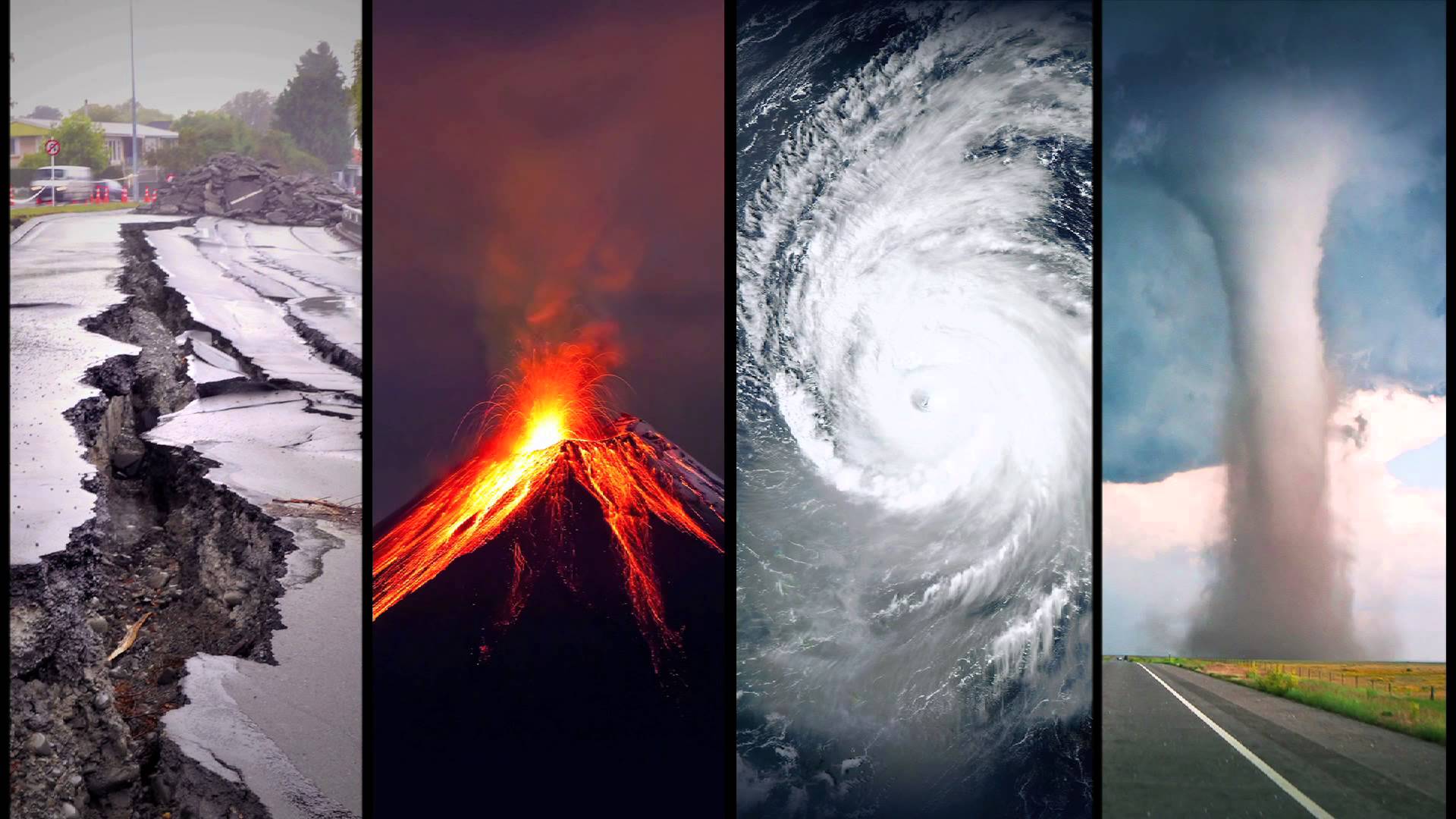
Natural disasters are catastrophic events that occur due to natural processes of the Earth, often resulting in significant damage to life and property. These events include earthquakes, hurricanes, floods, wildfires, and many others that can lead to devastating consequences for affected communities. Understanding these disasters is crucial for disaster preparedness, recovery, and mitigation strategies, as they can strike with little warning and leave a lasting impact on the environment and society. The increasing frequency and intensity of these disasters due to climate change further emphasize the need for awareness and proactive measures.
As we delve deeper into the topic of natural disasters, it is essential to consider their causes, effects, and the ways in which we can better prepare for them. The unpredictability of these events can instill fear and anxiety in communities, making it vital for individuals and governments to develop comprehensive disaster response plans. By examining various types of natural disasters and their consequences, we can foster a greater understanding of how to cope with their aftermath and safeguard our future.
Furthermore, the human element in natural disasters cannot be overlooked. The emotional and psychological toll on individuals and families affected by these events is profound, often leading to long-term repercussions on mental health and community cohesion. By exploring the multifaceted nature of natural disasters, we can highlight the importance of community resilience and the role of education in disaster preparedness.
What Are the Major Types of Natural Disasters?
Natural disasters can be broadly categorized into several types, each with distinct characteristics and impacts on the environment and society. Some of the major types include:
- Earthquakes: Sudden shaking of the ground caused by tectonic plate movements.
- Floods: Overflow of water onto normally dry land, often caused by heavy rainfall or melting snow.
- Hurricanes: Powerful tropical storms with strong winds and heavy rain that can cause extensive damage.
- Wildfires: Uncontrolled fires that spread rapidly through vegetation, often exacerbated by dry conditions.
- Volcanic Eruptions: Explosive release of magma, ash, and gases from a volcano.
How Do Natural Disasters Occur?
Natural disasters occur due to various factors, including geological, meteorological, and environmental conditions. Understanding these factors is essential for predicting and mitigating the impacts of such events. Here are some primary causes:
- Tectonic Activity: Earthquakes and volcanic eruptions are often the result of the movement of tectonic plates.
- Weather Patterns: Extreme weather events like hurricanes and tornadoes are influenced by atmospheric conditions.
- Climate Change: Rising temperatures and changing weather patterns can lead to more frequent and severe natural disasters.
- Human Activities: Deforestation, urbanization, and other human actions can exacerbate the effects of natural disasters.
What Is the Impact of Natural Disasters on Communities?
The impact of natural disasters on communities can be devastating, affecting individuals, families, and entire regions. Some of the key consequences include:
- Loss of Life: Many natural disasters result in fatalities, leaving families and communities in mourning.
- Destruction of Property: Homes, businesses, and infrastructure can be severely damaged or destroyed, leading to economic hardship.
- Displacement: Natural disasters often force people to evacuate their homes, leading to temporary or long-term displacement.
- Health Risks: The aftermath of disasters can lead to health crises, including the spread of disease and mental health issues.
How Can Communities Prepare for Natural Disasters?
Preparation is key to minimizing the impact of natural disasters. Communities can adopt several strategies to enhance their resilience:
- Creating Emergency Plans: Develop and regularly update disaster response plans for families and communities.
- Conducting Drills: Regularly practice emergency drills to ensure everyone knows how to respond during a disaster.
- Educating the Public: Increase awareness about natural disasters and preparedness through community workshops and resources.
- Investing in Infrastructure: Enhance infrastructure to withstand natural disasters, such as building levees for flood protection.
What Role Does Technology Play in Disaster Management?
Technology has transformed the way we approach disaster management. Key advancements include:
- Early Warning Systems: Utilize technology to provide timely alerts about impending disasters.
- Data Mapping: Geographic Information Systems (GIS) help analyze risk zones and plan evacuation routes.
- Communication Tools: Mobile apps and social media platforms can disseminate critical information quickly.
- Drones and Aerial Surveys: Use drones for damage assessment and search-and-rescue operations in disaster-stricken areas.
What Are Some Notable Natural Disasters in History?
History is marked by significant natural disasters that have shaped societies and changed lives. Some notable examples include:
- The 2004 Indian Ocean Tsunami: Resulted in over 230,000 fatalities across multiple countries.
- The Great Galveston Hurricane of 1900: One of the deadliest hurricanes in U.S. history, claiming thousands of lives.
- The 2010 Haiti Earthquake: A catastrophic earthquake that devastated the country and led to a humanitarian crisis.
- The 2011 Tōhoku Earthquake and Tsunami: Triggered a nuclear disaster and caused extensive damage in Japan.
Conclusion: Building Resilience Against Natural Disasters?
Natural disasters pose significant challenges to humanity, but through education, preparation, and effective response strategies, we can mitigate their impact. It is essential for individuals and communities to understand the risks, invest in preparedness, and foster resilience to protect lives and property. By embracing technology and promoting awareness, we can create a safer future and reduce the devastating consequences of natural disasters on society.
ncG1vNJzZmivp6x7o77EnKKepJxjwqx71aKpmqSmnq%2Bmv5NopZqspaeurXnDoqqaq6Sav7R6x62kpQ%3D%3D